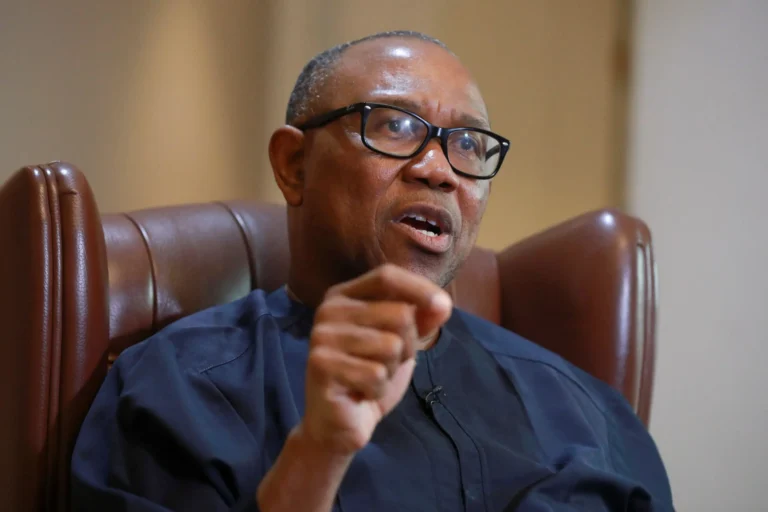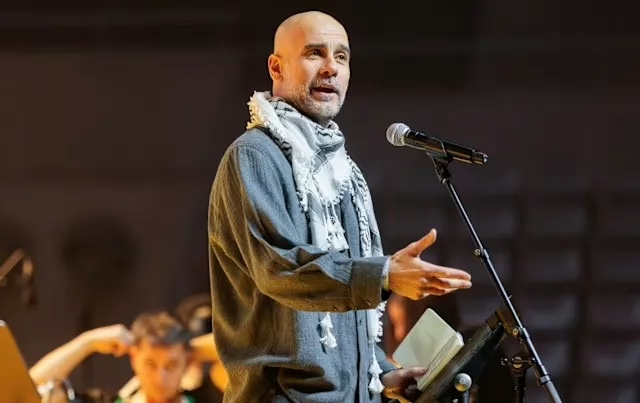Peter Obi, the Labour Party’s presidential candidate in 2023, has expressed dissatisfaction with the performance of President Bola Tinubu’s government, claiming that the administration has failed to meet several promises made to Nigerians.
Obi voiced his concerns during an appearance on Arise Television’s Prime Time programme on Tuesday, April 1, 2025. He reflected on the first two years of Tinubu’s leadership, stating that little visible progress has been made to improve the lives of citizens.
If he had been in power, Obi claimed, Nigerians would have experienced real change in vital areas. He said that, in his view, corruption would have been tackled more effectively and government spending would have been reduced in a way that people would notice.
He pointed out that even though President Tinubu has been in office for two years, the country’s situation remains largely the same, implying that change is possible in such a short time. Obi added that if he were president, he would have focused on fighting corruption and making government operations more efficient.
Another key issue Obi discussed was the country’s healthcare system. According to him, over 70 percent of Nigeria’s primary healthcare centers are currently non-operational. He criticized the government’s spending priorities, citing the over N35 billion spent on a conference center that, in his view, served no real purpose, while critical sectors like healthcare were neglected.
Obi also shared his vision for boosting Nigeria’s agriculture, using Bangladesh as an example. He noted that Bangladesh, with much smaller land size than Nigeria, produces a significant amount of rice, while Nigeria, with its vast land area, fails to meet its potential in rice production. He suggested that Nigeria could turn its land into a major rice-producing region, benefiting from its natural resources.
Regarding the naira, Obi agreed with the decision to devalue the currency but criticized how it was handled. He argued that, if he were in charge, he would have allowed the naira to float in a more organized way, ensuring that the move was tied to increased productivity. Without a boost in productivity, he said, devaluation could have negative consequences.
In his remarks, Obi stressed the importance of linking currency devaluation with economic growth, emphasizing that the policy would only be effective if the country could produce and export goods.







Leave a Reply